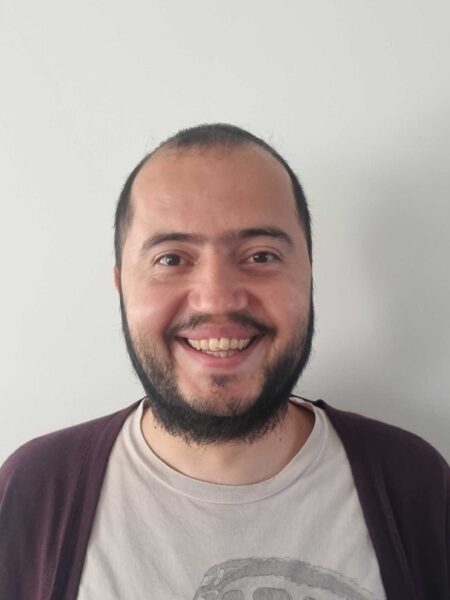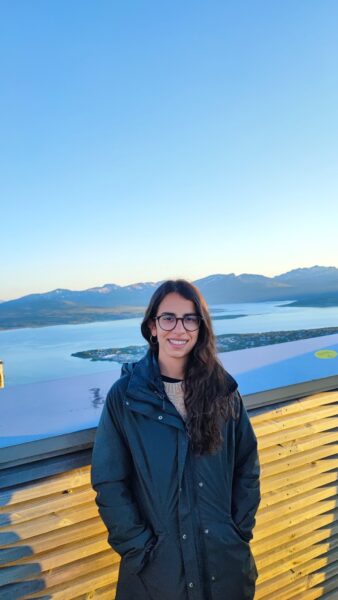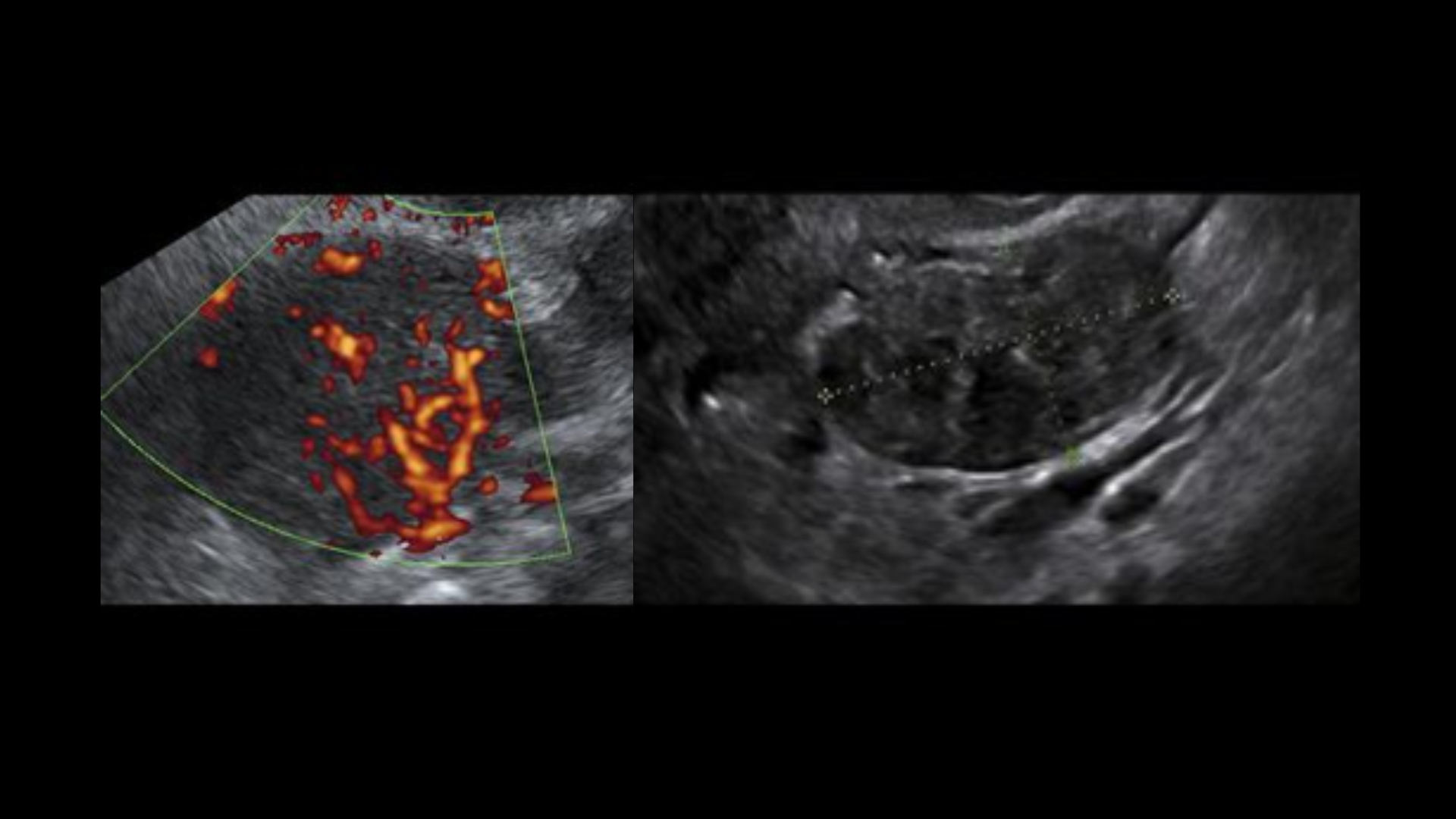AI-based models are better than human experts at identifying ovarian cancer using ultrasound images. This is the result of a study conducted by WASP researchers at KTH Royal Institute of Technology and researchers at Karolinska Institutet (KI), and published in Nature Medicine.
The team developed and tested AI models capable of distinguishing between benign and malignant ovarian cell changes. Using over 17,000 ultrasound images from 3,652 patients across 20 hospitals in eight countries, they trained and evaluated the models. The diagnostic capabilities of the AI models were compared against a large group of experts and less experienced ultrasound examiners, all of them medical doctors.
The AI models outperformed both experts and less experienced examiners in identifying ovarian cancer. They had an average accuracy of 86.3 percent, while the experts scored 82.6 percent and the less experienced examiners 77.7 percent.
Emir Konuk, a former WASP PhD student in computational science at KTH Royal Institute of Technology and now a postdoc at the same university, has designed the study’s experiments and is the first author together with Filip Christiansen, a PhD student at KI. According to Emir, the study shows that AI models can be a valuable aid in diagnosing ovarian cancer. Several other previous studies have also shown this.
“The point of our study is to show that the method works on a broad front with thousands of patients from many different previously unseen hospitals.”, Emir says in an interview with KTH.

Emir Konuk. Photo: KTH
More costly clinical trials
The researchers believe that the AI models can reduce the need for referrals to experts and lead to faster and more cost-effective care for patients with ovarian abnormalities. According to the researchers, further studies are needed to fully understand the potential and limitations of AI models in clinical practice.
“AI has shown it can outperform doctors in identifying ovarian cancer from ultrasound images. But to truly advance AI in medicine, we need a close collaboration between medical experts and AI researchers, a diverse set of data, and careful model development.”, Emir says.
He continues:
“Our approach—testing AI on new, diverse data—can help avoid overly optimistic results early on. This makes it easier for researchers to confidently move toward the next step: more costly clinical trials.”
Looking ahead, Emir highlights the importance of initiatives like joint research calls from WASP and DDLS – the Wallenberg National Program for Data-Driven Life Science – the two largest research programs in Sweden, which foster close collaboration between medicine and AI.
Lack of sufficient data in AI for medicine
Joana Palés Huix is a WASP industrial PhD student at KTH and AstraZeneca. Joana’s role in the study was to help design the models, improving their performance, and, more importantly, enhancing their generalization capabilities so they could work well across different centers.
This study was her first big research project since she joined the lab. In line with Emir, she believes a diverse set of data is necessary to advance AI in medicine.
“One of the biggest challenges in AI for medicine is the lack of sufficient data, especially data that’s diverse enough to train models that can handle variations from different hospitals or machines.”
She adds:
“At the same time, there’s a lot of data being generated during preclinical trials, such as animal studies. I think if we can figure out how to better leverage that data for building models, it could make a huge difference in creating systems that are both more robust and more accurate. And this is the focus of my PhD.”

Joana Palés Huix. Photo: Private
“Being part of WASP adds even more value”
According to Joana, the best part of being an industrial PhD is the chance to explore cutting-edge technologies and getting the possibilities to apply state-of-the-art research to real-world use cases.
“Being part of WASP adds even more value because it gives you access to an amazing network of people from all over the world. You meet people working on similar topics to collaborate with, and others working on totally different things who can give you fresh perspectives and help you grow.”, Joana says.
This article is part of the WASP 10 Years-series, celebrating a decade of WASP’s significant impact on society.
The study’s funding
The study was funded by Wallenberg AI, Autonomous Systems and Software Programme (WASP), the Swedish Research Council, the Swedish Cancer Society, Region Stockholm, and Radiumhemmets forskningsfond. The study has been published in the journal Nature Medicine.
The study
”International multicenter validation of AI-driven ultrasound detection of ovarian cancer”, Nature Medicine, doi.org/10.1038/s41591-024-03329-4
Published: January 27th, 2025
[addtoany]


